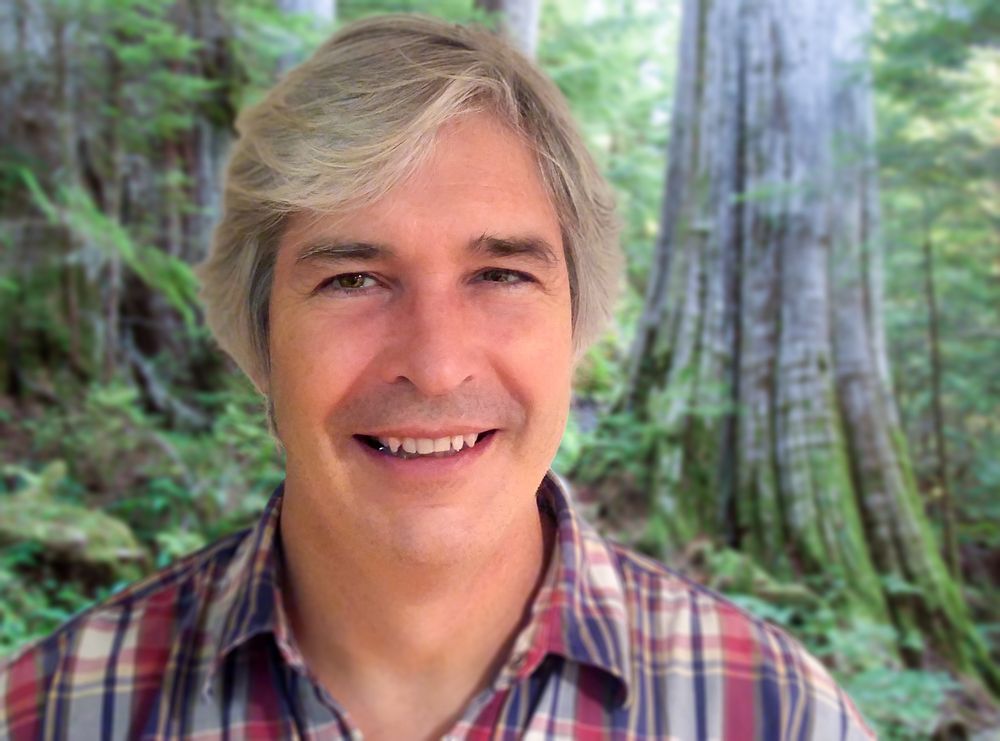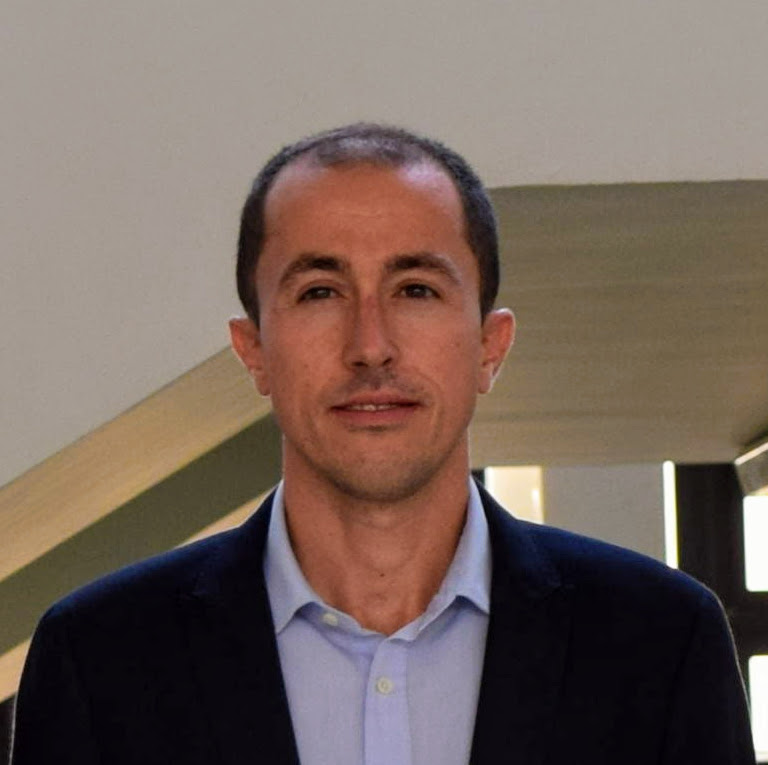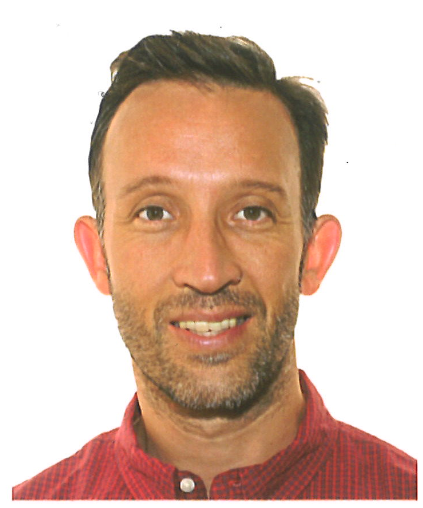BC3 Seminar Series
BC3 Joint Seminar: March 27, 2019
BC3-Basque Centre for Climate Change Sede Building 1, 1st floor, Scientific Park of the University of the Basque Country, Leioa, Bizkaia, SpainClimate change mitigation pathways can differ strongly from one to else other, depending on the policy design, technological development or the established climate objectives. Integrated assessment models are able to project countless different climate change mitigation scenarios, allowing to compare the effects that each scenario has on other aspects, such as health, land use, energy security, inequality etc. Moreover, connecting these kind of models with additional tools increases the range of scenario implications that can be studied. In this seminar, we introduce the Global Change Assessment Model (GCAM) and other tools that can be connected to this model, such as the air quality emulator TM5-FASST.
BC3 Seminar: Changing cities in a changing climate
BC3-Basque Centre for Climate Change Sede Building 1, 1st floor, Scientific Park of the University of the Basque Country, Leioa, Bizkaia, Spain• In this lecture, I will examine my own role, as a researcher, in advancing a progressive agenda that responds to an urgent climate change challenge. I will explore the tensions between experimental forms of action-research, policy-oriented research, and curiosity-led research and the way in which these different forms of thinking have shaped my research agenda as I have attempted to respond to what I believe is the most important challenge of our times: enabling life in a climate changed future.”
BC3 Seminar: Evolución del paisaje en nuestros bosques
BC3-Basque Centre for Climate Change Sede Building 1, 1st floor, Scientific Park of the University of the Basque Country, Leioa, Bizkaia, SpainEl desarrollo que ha tenido la silvicultura vasca en el paisaje de nuestros montes. Los bosques se han trabajado y se han gestionado en los miles de años para responder a las necesidades de nuestra cultura y de nuestro modo de vida. ¿Cómo se han adaptado la gestión pública y la privada? ¿Cómo hemos llegado a la situación lamentable de los pinares de hoy en día? ¿Y el futuro?
BC3 Seminar: Essential Resources, Social Dilemmas and the Evolution of Cooperation: Paths Towards a Just and Sustainable Future
BC3-Basque Centre for Climate Change Sede Building 1, 1st floor, Scientific Park of the University of the Basque Country, Leioa, Bizkaia, SpainThe past two centuries of market-driven economic growth has witnessed dramatic increases in human life spans and well-being but also the emergence of unprecedented ecological and social problems, ranging from global warming to growing inequality. The most serious of these challenges affect essential resources such as food, energy, water and ecosystem services.
BC3 Seminar: Leverage Points for the sustainable management of nature’s contributions to people
BC3-Basque Centre for Climate Change Sede Building 1, 1st floor, Scientific Park of the University of the Basque Country, Leioa, Bizkaia, SpainI will introduce the framework of leverage points, i.e. places to intervene in a complex system that bring transformative change, to identify interventions that can promote sustainable management of nature’s contributions to people. I will specifically focus on the so called deep leverage points, which have exceptional potential to yield truly transformative change towards sustainability.
BC3 Seminar: Ecosystem Services, Climate Change, and the Environmentalists’ Paradox
BC3-Basque Centre for Climate Change Sede Building 1, 1st floor, Scientific Park of the University of the Basque Country, Leioa, Bizkaia, SpainThe latest IPBES report warns us of ongoing biodiversity collapse. The Ecosystem Services framework suggests that this will seriously affect human well-being. But policy-makers do not seem to respond with any great alacrity to these warnings. Some skeptics even point to rising human well-being as an indication that the claims linking nature and well-being are exaggerated.
BC3 Seminar: An integrated approach for the estimation of agricultural drought costs
BC3-Basque Centre for Climate Change Sede Building 1, 1st floor, Scientific Park of the University of the Basque Country, Leioa, Bizkaia, Spain: This study proposes a novel method to assess the overall economic effects of agricultural droughts using a coupled agronomic-economic approach that accounts for the direct and indirect impacts of this hazard in the economy. This methodology is applied to Italy, where years showing different drought severity levels were analysed. Agricultural drought stress was measured using the fraction of Absorbed Photosynthetically Active Radiation (fAPAR).
BC3 Seminar: Challenges of EU Agriculture facing Climate Change: Economic Impacts, Adaptation and Mitigation Strategies
BC3-Basque Centre for Climate Change Sede Building 1, 1st floor, Scientific Park of the University of the Basque Country, Leioa, Bizkaia, SpainOverview of quantitative work done by the lecturer in the last few years with different modelling tools to better understand the economic impacts of combating climate change. It includes the analysis of unilateral (e.g. emission targets) and multilateral policies (e.g. carbon taxation) and the promotion of climate change mitigation technologies (e.g. smart agriculture).
BC3 Seminar: Which fossil fuel prices promote innovation in electricity generation? Evidence before and after the shale gas revolution
BC3-Basque Centre for Climate Change Sede Building 1, 1st floor, Scientific Park of the University of the Basque Country, Leioa, Bizkaia, SpainWe evaluate the heterogeneous roles of fossil fuel prices on fossil fuel and renewable energy innovation in the electricity sector. Our analysis of a global firm-level electricity patent database from 1963 to 2016 suggests the relative impact of coal and natural gas prices on renewable innovation varies before and after the early 2000s’ shale gas revolution. Specifically, an increase in the coal-natural gas price ratio reduces renewable energy innovation before 2002, while increasing it after 2002. Therefore, policymakers must consider the coal-to-gas switch to effectively shift electricity-generating innovation away from carbon-intense technologies
RUMIANTES Y CAMBIO CLIMÁTICO ¿Ángeles o demonios?
BC3-Basque Centre for Climate Change Sede Building 1, 1st floor, Scientific Park of the University of the Basque Country, Leioa, Bizkaia, Spain¿Dejar de comer carne de vaca es la solución al cambio climático? ¿Cómo se está midiendo el impacto de los rumiantes en el medio ambiente? ¿Cómo estamos dando esa información? ¿Cómo la interpretamos?
El próximo 28 de octubre , desde BC3 - Basque Centre for Climate Change vamos a poner sobre la mesa este tema de la mano de Pablo Manzano (Universidad de Helsinki), Agustín del Prado ( BC3) y otros investigadores de distintos centros de investigación.
El objetivo de este coloquio es analizar de una forma más pausada toda la polémica de los últimos tiempos sobre el consumo de carne de rumiantes y su impacto para el medio ambiente.










